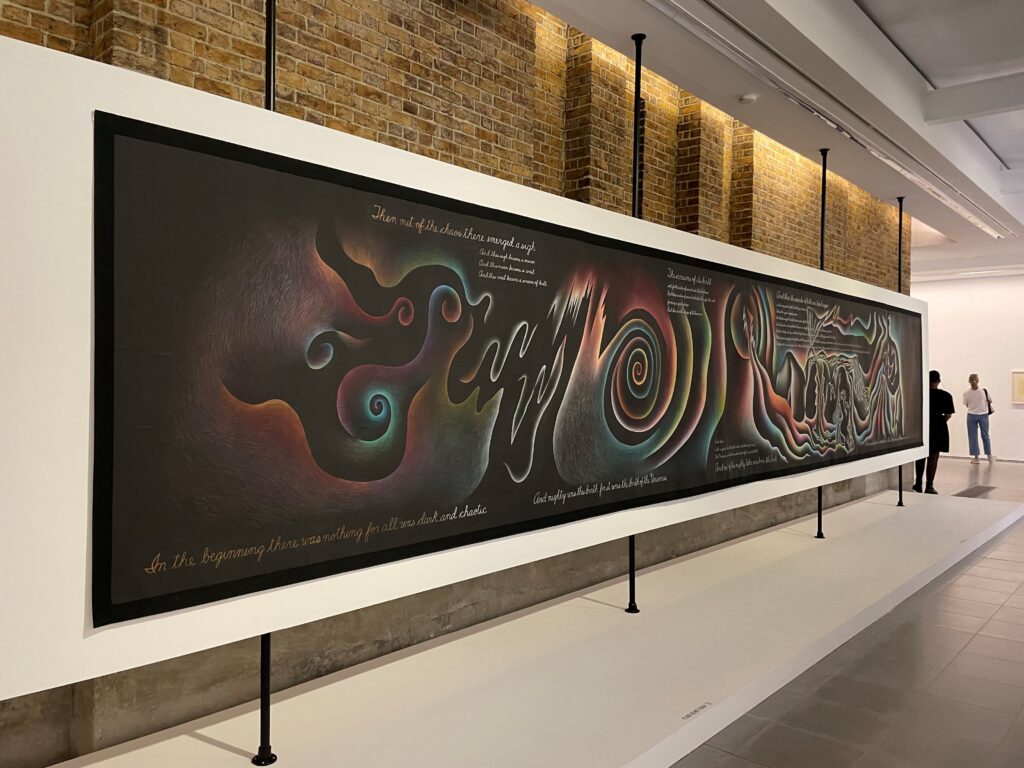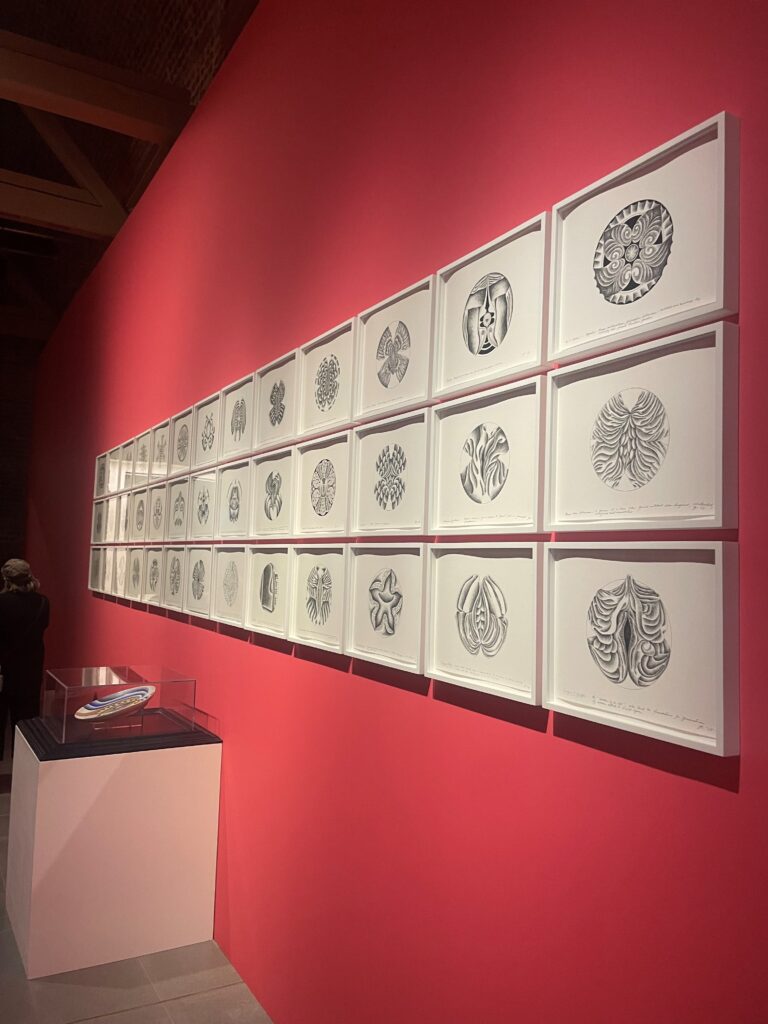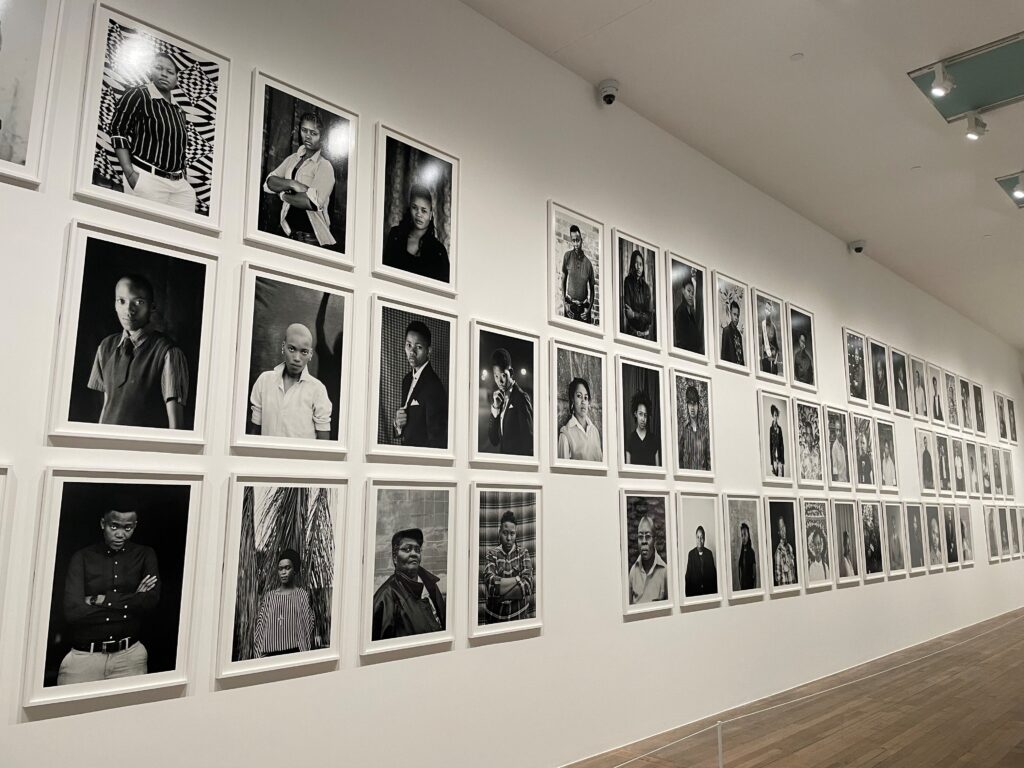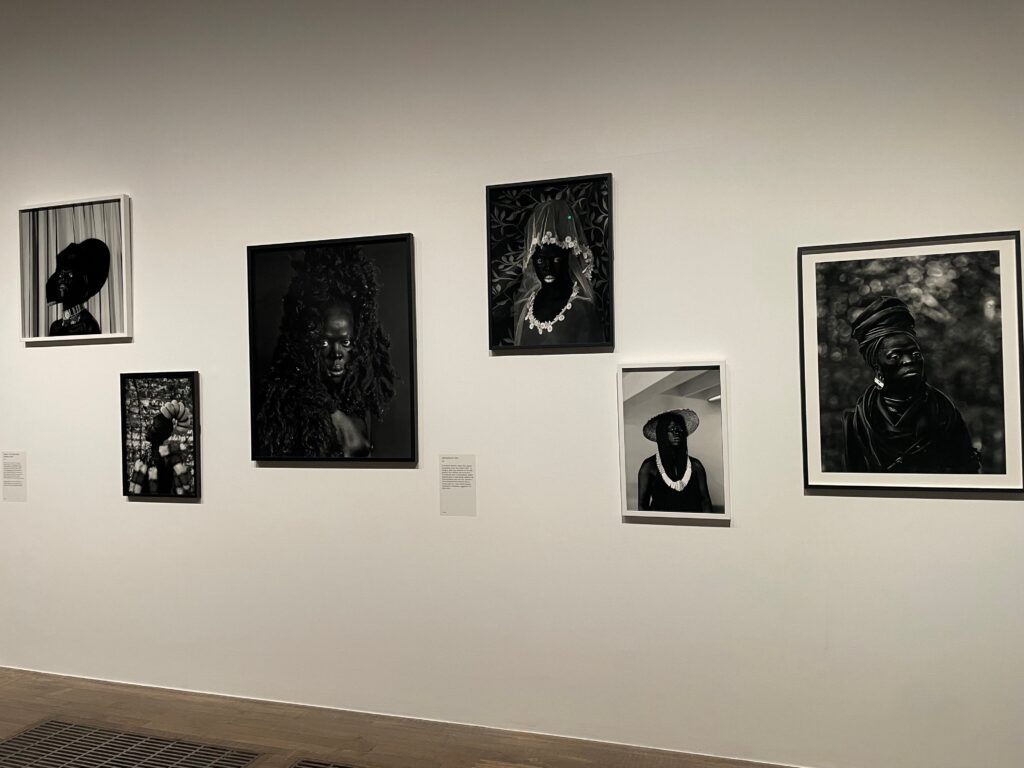Museum Project Day 2024
Written by Amelia Kedge, Assistant, International Training Programme
In the final week of the ITP, fellows take part in Museum Project Day, a day dedicated to putting their learning to the test.
Using their experience from the ITP, and their knowledge as museum professionals, fellows are tasked with visiting another museum or gallery in London to consider its visitor offering. The idea is to compare and contrast with practices at the British Museum; the fellows home institutions; and other museums they may have visited previously or as part of the ITP.
Every year Museum Project Day sits within a chosen theme, and this year’s theme was representations of women. Fellows were asked to consider some key questions, such as:
What does it mean to be a woman?
Why is it important that women’s voices are heard?
How are women represented in museums and galleries across London today?
According to the National Museum of Women in the Arts, 51% of visual artists today are women. But when it comes to exhibitions and gallery representation, the numbers tell a less optimistic story. In London, 78% of the galleries represent more men than women, while only 5% represent an equal number of male and female artists. With these statistics in mind, the fellows were to consider how women are being represented in an environment when their voices and narratives are in minority.


On the morning of 13 August, the fellows divided into six small groups, were assigned an exhibition to visit and given a list of prompts to consider. This year’s fellows visited:
The Design Museum
Special exhibition, Barbie: The Exhibition
Tate Britain
Special exhibition, Now you see us. Women artists in Britain 1520-1920
National Maritime Museum
Special exhibition, Women of the RNLI
Tate Modern
Special exhibition, Zanele Muholi
Serpentine Galleries
Special exhibition, Judy Chicago: Revelations
Foundling Museum
Special exhibition, Polly Braden: Leaving Ukraine


In the afternoon the fellows returned to the British Museum to present their findings to the rest of the group. Most of the groups were impressed by what they saw, but much of the feedback acknowledged the lack of accessibility in the exhibition spaces, and limited engagement opportunities for children and schools, or learning programmes.
The final group to feedback got everyone talking as they asked, what if women ruled the world?
… I’m not sure if anybody could agree an answer to that question!
